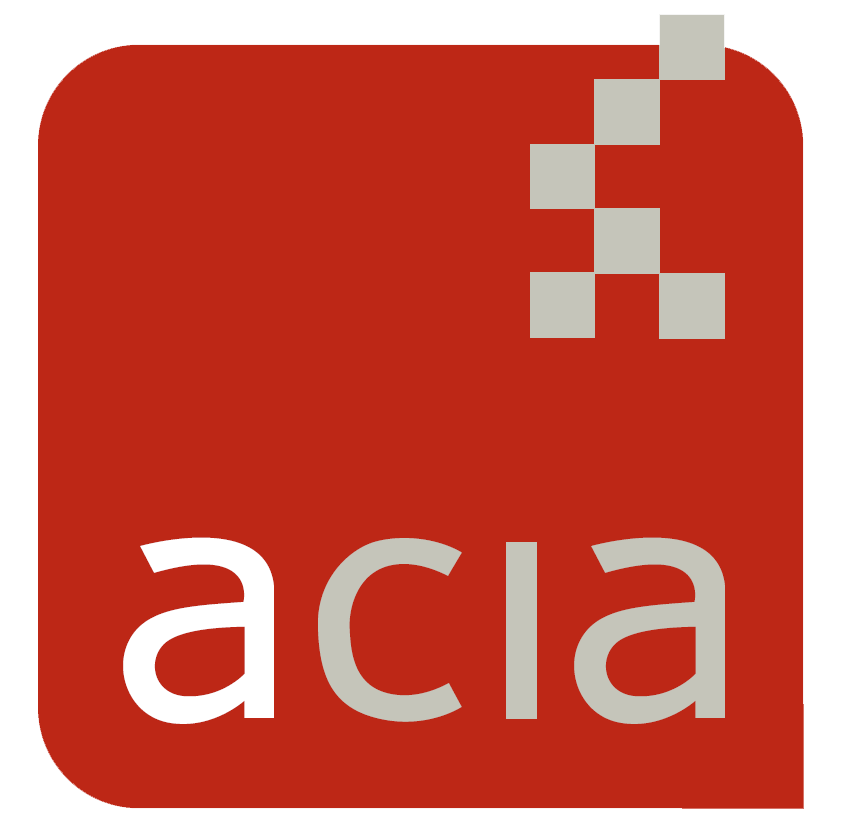Program, invited talks, activities and accepted papers
Invited talks
Christian Bessière.
Global Constraints in Constraint programming
Constraint propagation is a key feature in constraint programming. In the last 15 years, global constraints became an essential component of constraint programming because they often allow stronger propagation. There is a catalog that contains more than 300 global constraints. We will show that, surprisingly, for many of those constraints, reasoning on a decomposition into simple fixed-arity constraints achieves the same level of propagation. But we found global constraints that express a non decomposable property. This means that for these constraints, no decomposition in fixed-arity constraints is able to propagate as much as the original global constraint. This result of non-decomposability also holds for decompositions in SAT, using the well-known direct encoding translation.
Going Beyond NP: New Challenges in Inference Technology
In recent years, we have seen tremendous progress in inference technologies. For example, in the area of Boolean satisfiability (SAT) and Mixed Integer Programming (MIP) solvers now enable us to tackle significant practical problem instances with up to a million variables and constraints. Key to this success is the ability to strike the right balance between the expressiveness of the underlying representation formalism and the efficiency of the solvers. The next challenge is to extend the reach of these solvers to more complex tasks that lie beyond NP. I will discuss our work on sampling, counting, probabilistic reasoning, and adversarial reasoning. In particular, I will discuss a new sampling technique based on the so-called flat histogram method, from statistical physics. The technique allows for fast probabilistic inference and learning in Markov Logic networks and other graphical models. In the area of adversarial reasoning, the UCT method, based on sampling strategies first developed for use in multi-armed bandit scenarios, provides a compelling alternative to traditional minimax search. The method has led to an exciting advance in the strength of GO programs. I'll discuss insights into the surprising effectiveness of the UCT technique.
Accepted papers
Detailed Program |
Proceedings |
Program draft
Day 1. 26/10/2011
- 15:00 Registration
- 15:30 Opening
- 15:45 - 16:45 Session 1: Robotics and artificial vision
- 16:45 - 17:00 Coffee break
- 17:00 - 18:00 Session 2: Robotics and artificial vision
- 18:15 - 18:45 ACIA Award
- 19:15 Visit to the Museum of Lleida
Day 2. 27/10/2011
- 9:45 - 11:00 Invited talk. Bart Selman
- 11:15 - 12:15 Session 3: Multiagent systems
- 12:15 - 12:30 Coffee break
- 12:30 - 13:30 Session 4: Negotiation and argumentation
- 13:30 Lunch
- 15:30 - 17:10 Session 5: Constraints satisfaction, search and optimization
- 17:10 - 17:25 Pausa cafè
- 17:25 - 18:25 Session 6: Automatic learning and data mining
- 18:30 - 19:30 ACIA General Meeting
- 20:00 - 21:30 Visit Seu Vella
- 21:30 Conference Dinner
Day 3. 28/10/2011
- 9:45 - 11:00 Invited talk. Christian Bessière
- 11:00 - 12:35 Session 7: Automatic learning and data mining
- 12:35 - 12:45 Coffee break
- 12:45 - 13:45 ACIA. Doctoral Program
- 13:45 - 14:00 ACIA demos on ECAI-2012
- 14:00 Closing
Important dates
- Paper submission deadline:
12 May, 2011
19 May, 2011 - Authors Notification:
22 June, 2011 - Camera ready submission deadline:
15 July, 2011 - Early registration deadline:
27 July, 2011 - Conference:
26-28 October, 2011









